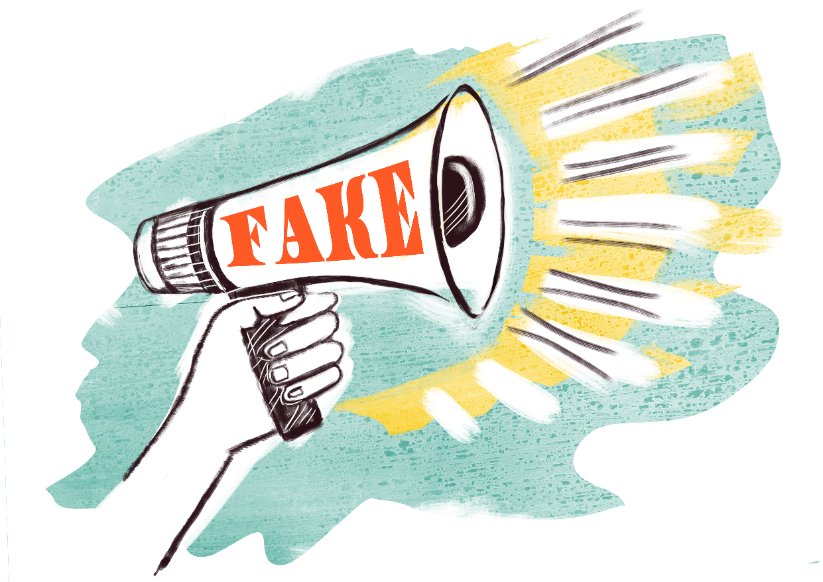Actitivity 3h: Fakes: Do you know what you are buying?

- Asyemmtric information refers to a situation where one party in the transaction has access to more information that the other party.
- The case study highlights a number of cases where there is asymemetric information. For example, it is difficult to determine exactly what is contained in a bottle of olive oil. The producer could substitute an inferior ingredient (or product) and the consumer may not know. Olive oil has a number of positive health properties whereas seed oils like soy and canola have much higher rations of Omega 6 fatty acids. These increase inflammation in the body and could result in detrimental health outcomes, thereby harming the consumer and reducing non-material living standards. Similar arguments could be made about fake honey which do not contain the same health giving properties. With respect to fake car parts, the consumer may end up with a significantly inferior product. This might mean that their car could be more dangerous, more likely to break down or not run as efficiently. This leads to unnecessary costs that would reduce the ability to purchase other goods and services, reducing material living standard. The fake parts and the fake aboriginal art could also mean that the legitimate producers are denied access to the income that they would ordinarily earn, reducing their living standards. If the consumer learns that they have been ripped off by purchasing a fake then they may experience a decrease in the wellbeing, lowering non-material living standards and it has the potential to undermine the viability of markets for legitimate goods. This can occur in the art market, for example, if consumers are constantly fearful of being ripped off by fake art and they then simply choose not to purchase art at all.
- If a consumer were to purchase fake honey, they may end up purchasing a product which is effectively just sugar. This could have a detrimental effect on their health resulting in increased healthcare costs in the future. Those not involved in the purchase of the honey may therefore be expected to pay for the healthcare costs through their taxes. With respect to fake car parts, the lack of safety testing could result in more accidents and possibly more pollution. As a result, there are more negative production and consumption externalities. The fake parts also increases the crime rates, which imposes a cost on all of society as the government has to allocate scarce resources to enforcing copyright laws.
- Theoretically, review sites help to reduce asymmetric information because consumers have the capacity to undertake research on the quality of the product they are purchasing. It is always a risk buying a new product and reading the opinions of other consumers means that they are making a more informed rational decision.
- Possible types of government intervention that could be imposed:Regulation: The government will obviously try to make laws that protect the copyright of the legitimate producers. With respect to fake food products there are laws in Australia which require the manufacturer to declare the ingredients in their product. This helps to reduce asymmetric information. If the products contain alternative ingredients, then they would be breaking the law. Fines or jail might be imposed on those who break these laws.
Copyright law also protects the rights of those who produce artwork. As the case study highlights, Aboriginal and Torres Strait Islander artists could benefit from national and production guidelines to protect their intellectual property.
The regulation is designed to change incentives and reduce the likelihood of the consumer purchasing something that is not what they wanted. This would help to improve allocative efficiency and technical efficiency (depending on the product in question). For example, with respect to fake car parts, there might be a reduction in fuel efficiency which would lead to increased waste, more breakdowns and increased pollution, all of which might decrease productivity and/or reduce society’s collective wellbeing.
